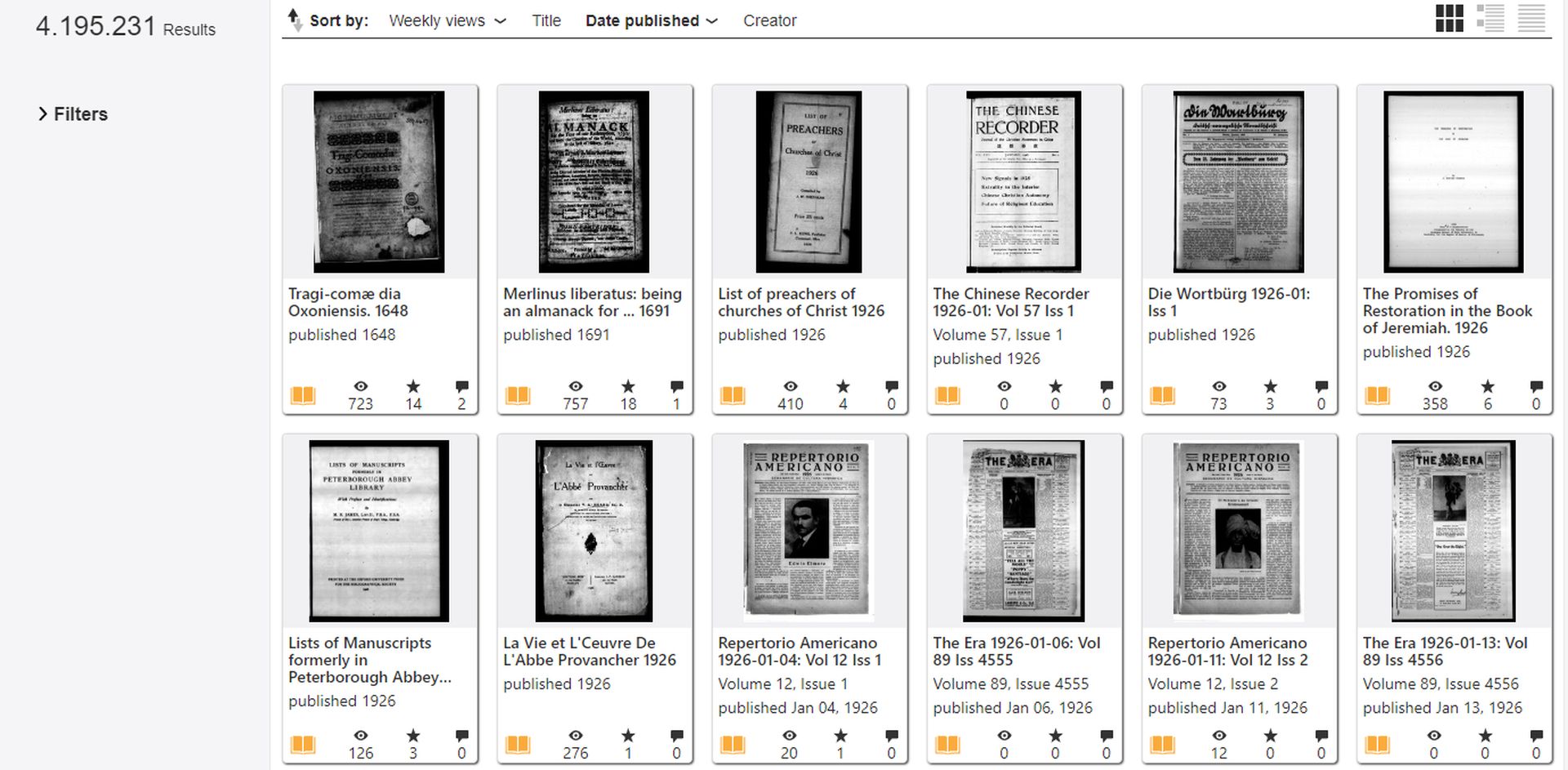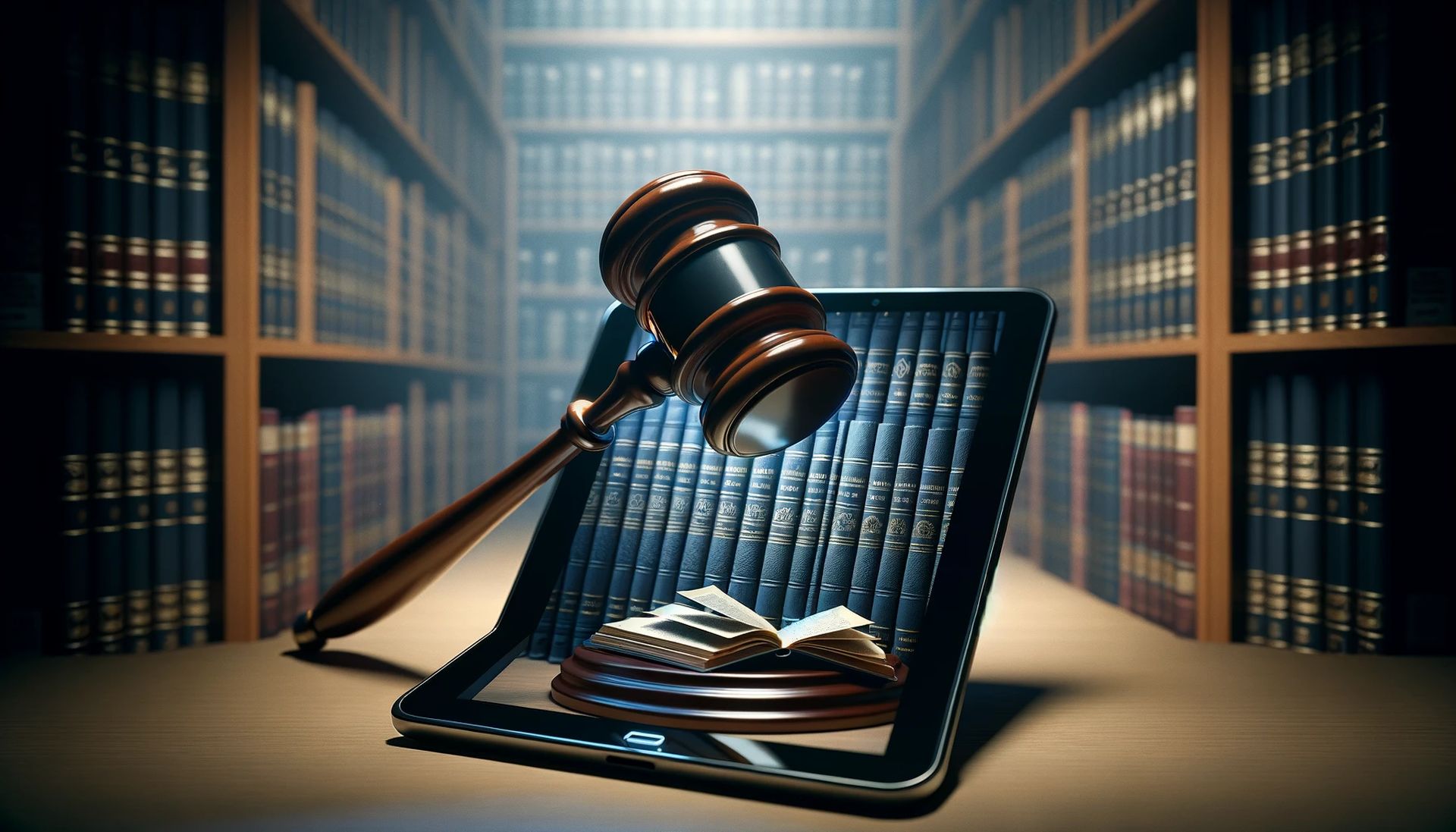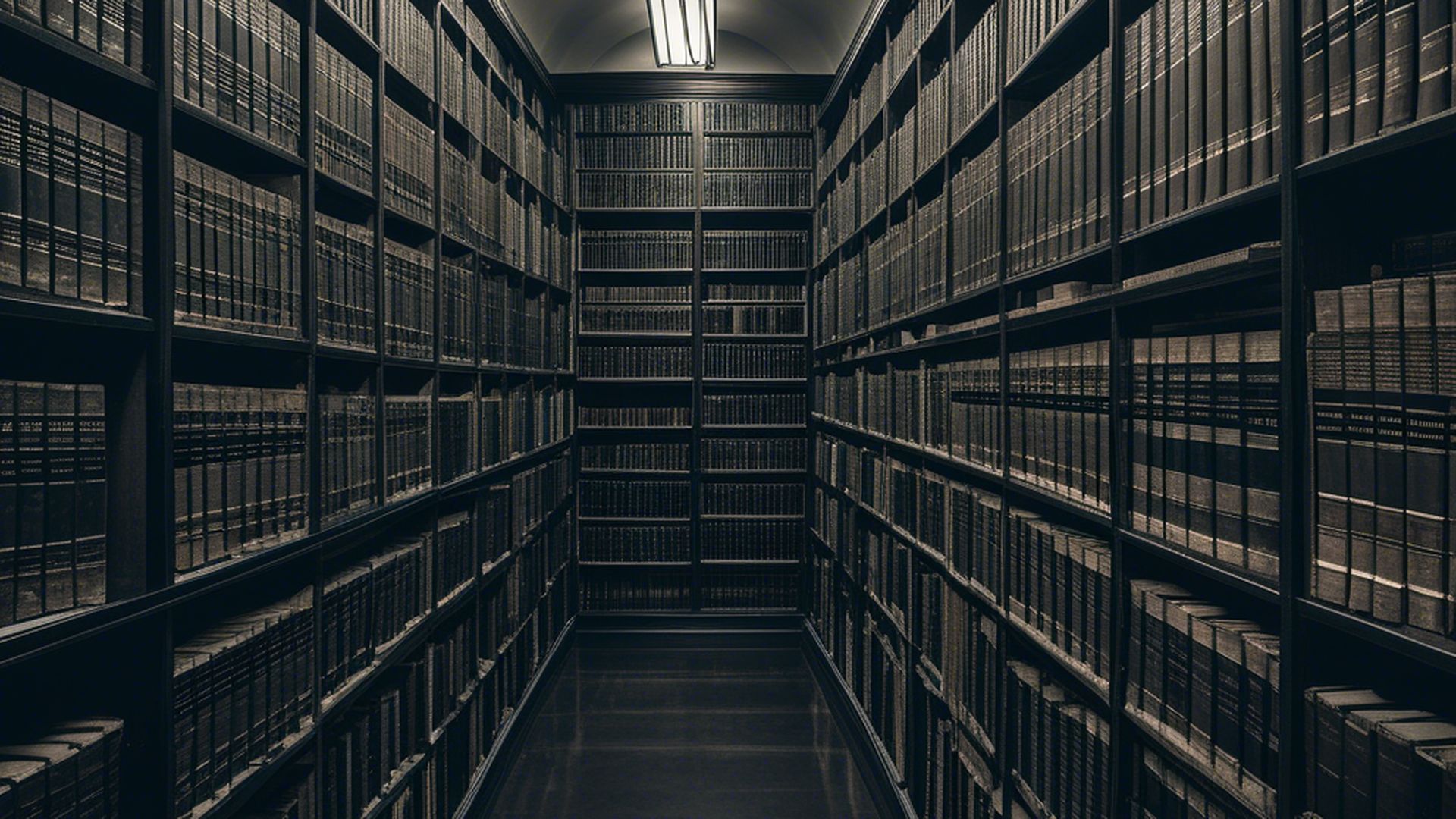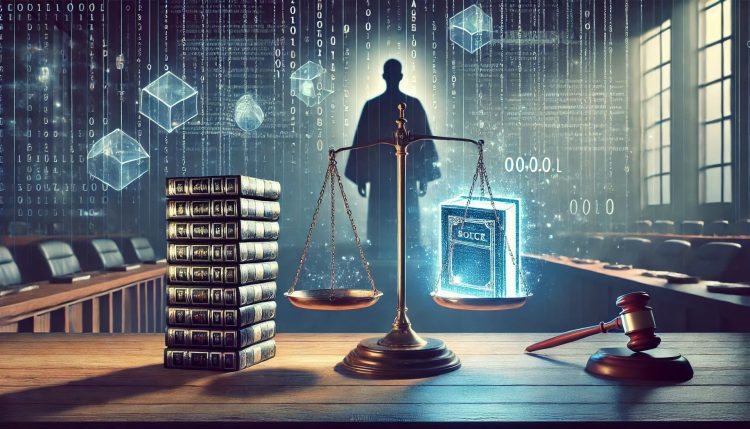The Hachette v. Internet Archive case is a key example of the ongoing debate over copyright, digital lending, and fair use. The US Court of Appeals for the Second Circuit has set a precedent that could affect digital libraries, nonprofit organizations, and AI companies.
The lawsuit between Hachette v. Internet Archive started because the Internet Archive wanted to digitize books and make them available to the public. The Internet Archive, a nonprofit based in San Francisco, launched the Open Library project to create digital versions of books. It was a simple idea: scan books, make digital copies, and lend them online, just like a traditional library.

Is there a different dimension to this: Do AI have more rights than humans? Because while we as users cannot access these books because of copyrights, artificial intelligence has been trained and trained to access almost all books as it wishes. The Hachette v. Internet Archive case is perhaps like the first case of The Matrix.
The legacy of Hachette v. Internet Archive
In early 2020, with the onset of the COVID-19 pandemic, the Internet Archive identified a chance to broaden its mission. As libraries worldwide closed, the availability of physical books diminished. As a reaction, the Archive introduced the National Emergency Library (NEL) in March 2020, a short-term project that permitted numerous users to borrow a single digital book simultaneously. The purpose of the NEL was to offer students, researchers, and readers the necessary resources during a global crisis.
Nevertheless, while the Internet Archive considered it a public service, publishers perceived it as piracy. Big publishing companies like Hachette, HarperCollins, Penguin Random House, and Wiley promptly sued the Archive, claiming that the NEL broke copyright laws by enabling free digital borrowing. Hachette took the case seriously and led the investigation. Unlimited lending is like buying, and no one’s work should be disrespected. The NEL doesn’t cover unlimited lending.

The court’s decision hurts fair use
In March 2023, the district court ruled in favor of the publishers, marking a major defeat for the Internet Archive. Judge John G. Koeltl‘s decision centered around the concept of “transformative use,” a key element of the fair use doctrine. According to the court, the Internet Archive’s digitization and lending practices were not transformative. The court argued that the mere conversion of books from physical to digital form did not add any new meaning or purpose to the original works, which is a requirement for fair use.
The court also found that the Internet Archive’s digital lending harmed the market for both print and digital versions of books. By offering free digital copies, the Archive was seen as competing with publishers’ e-book sales. The ruling further entrenches the violation of copyright law by concluding that the Internet Archive created derivative works – digital copies of books – without authorization.
The victory was not complete
Following the district court’s decision, the Internet Archive filed an appeal with the US Court of Appeals for the Second Circuit, hoping to overturn the ruling. In August 2023, the appeals court upheld the district court’s decision but made an important clarification. While the court agreed that the Internet Archive’s actions were not protected by fair use, it acknowledged that the Archive is a nonprofit organization and not a commercial entity. This distinction was crucial in The Hachette v. Internet Archive case, as commercial use can often weaken a fair use defense. Despite this recognition, the appeals court still sided with the publishers, reinforcing the notion that even nonprofit organizations must adhere to copyright laws when digitizing and lending books.

It affects other industries too
The result of Hachette v Internet Archive has caused ripples through both the publishing industry and other related sectors. The decision serves as a powerful warning to digital libraries and nonprofits that good intentions do not exempt them from copyright law. Even when the goal is to provide the public with access to information, it is crucial to respect the rights of copyright owners as determined by the judiciary.
This scenario may also impact the technology industry, particularly affecting artificial intelligence companies that rely on large datasets to develop their algorithms. Numerous AI systems undergo training with extensive quantities of text, which may include copyrighted content such as books. The recent Hachette v. Internet Archive case implies that AI companies may be required to obtain licenses for the texts utilized in their training data, which could increase the intricacy and expenses associated with AI development.
The decision highlights the constraints of the fair use defense in cases involving transformative use. AI companies frequently claim that their utilization of copyrighted data is transformative because they are developing fresh and groundbreaking products. Nonetheless, if courts persist in having a limited perspective regarding what qualifies as transformative use, AI developers might encounter more stringent rules on their ability to obtain and utilize copyrighted content.

The future of digital lending is a legal challenge
As digital libraries and AI companies navigate the legal landscape, the Hachette v. Internet Archive case serves as a cautionary tale. The decision highlights the challenges of balancing the public’s need for access to information with the rights of copyright holders and reopens the question of whether there is copyright for AI.
The fight for the Internet Archive is far from over. The organization continues to face legal challenges, including a lawsuit from music labels over a separate digitization project. These ongoing legal battles could pose an existential threat to the non-governmental organization, which has long been an advocate for digital preservation.
In the broader context of copyright law, the Hachette v. Internet Archive case may set a precedent that shapes future litigation. As more industries, including AI, grapple with the complexities of copyright in the digital age, the courts will play a crucial role in defining the boundaries of fair use and transformative use.
The case between Hachette and Internet Archive demonstrates the shift in copyright law during the digital era. The situation has initiated a discussion about the privileges of writers, publishers, and the general public during a time of quick transformation. As technology evolves, the judiciary will keep defining boundaries for fair use and the fate of digital content. The Hachette v. Internet Archive decision was a setback for the Internet Archive, highlighting the necessity of proceeding cautiously and considering legal implications.
Featured and other images credit: Furkan Demirkaya / Dall-E





